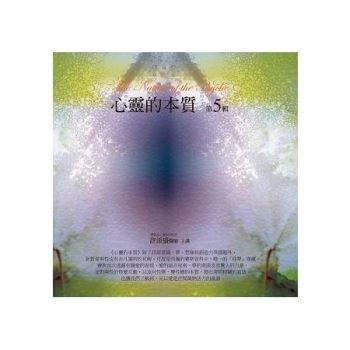This book is the second volume of a four-volume set on modern Chinese complex sentences, with a focus on coordinate complex sentences and their relevant forms.
Complex sentences in modern Chinese are unique in formation and meaning. The author proposes a tripartite classification of Chinese complex sentences according to the semantic relationships between the clauses, that is, coordinate, causal, and adversative. This volume analyzes the coordinated type in the broad sense and the relevant forms, including the representative form in which the clauses are juxtaposed with each other, paired and single occurrences of the connective yībiān, and various forms of successive, progressive, and alternative complex sentences, as well as the compound forms.
The book will be a useful reference for scholars and learners interested in Chinese grammar and language information processing.










